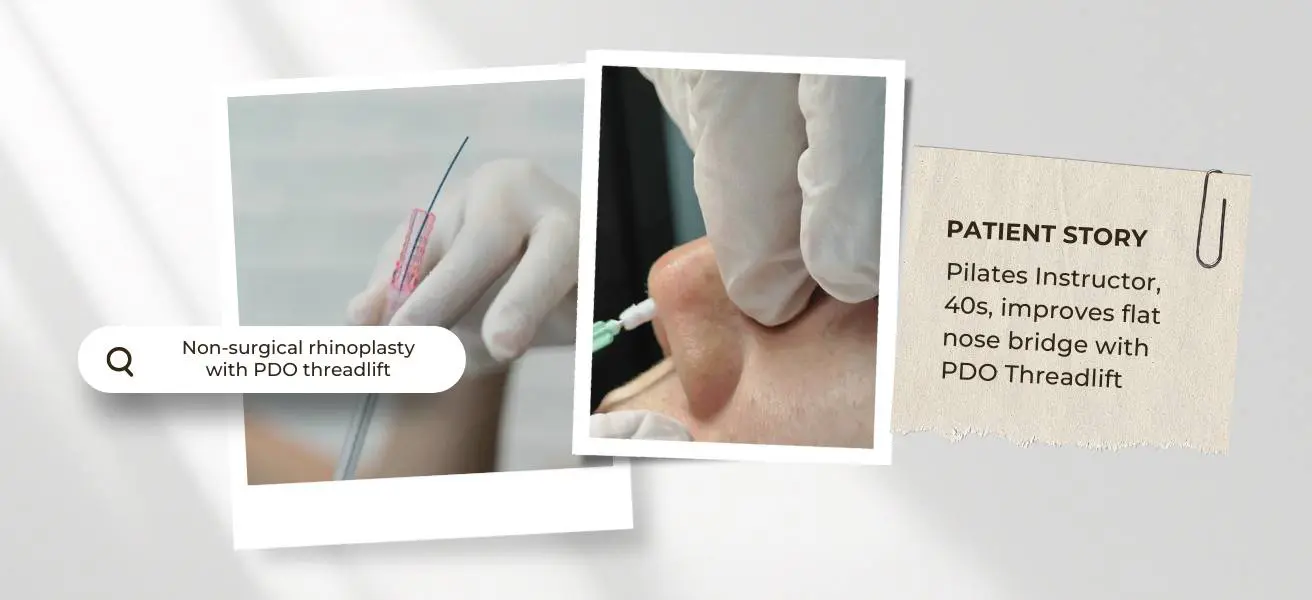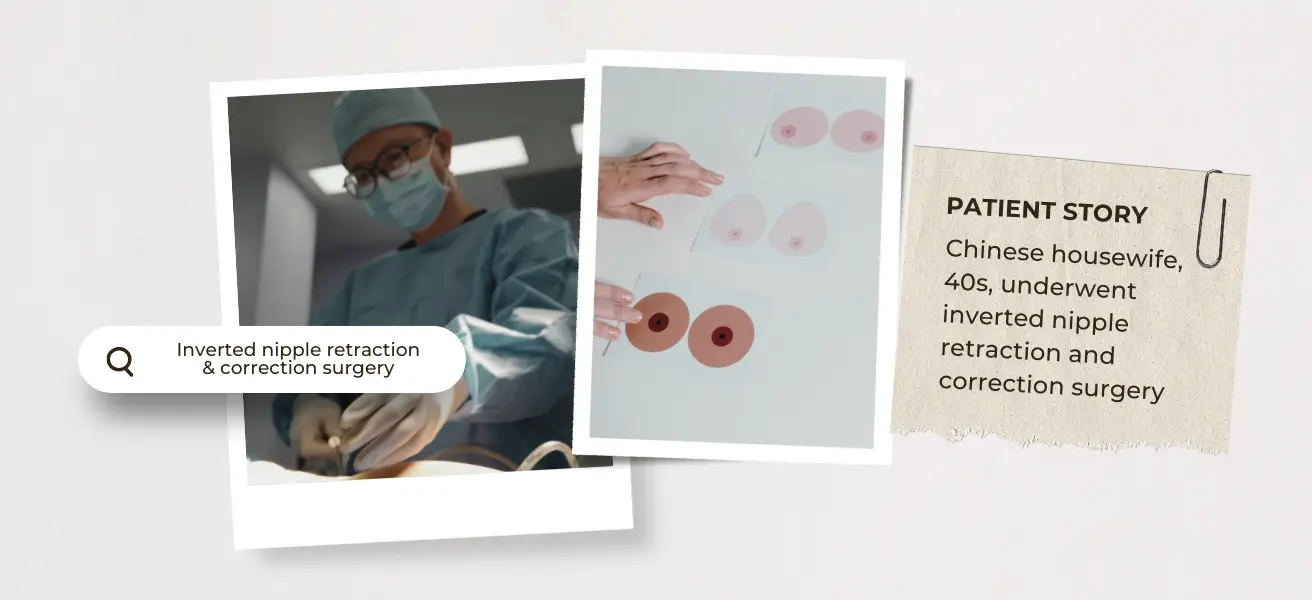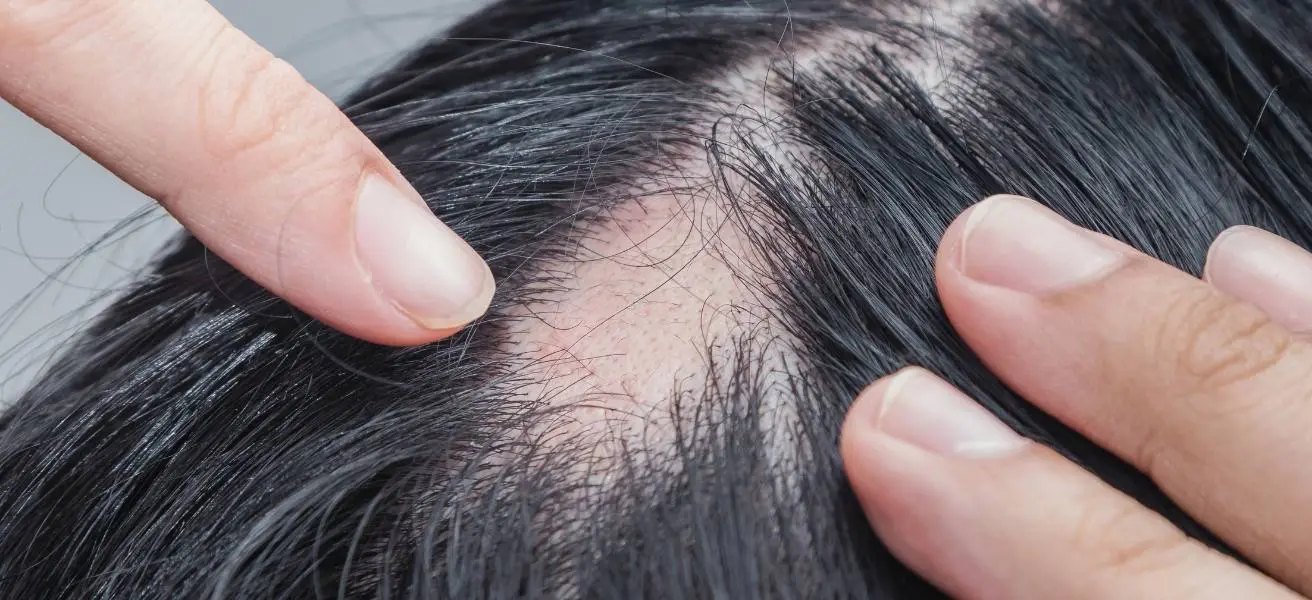"Abs are made in the kitchen." Weight loss, just like abs, also starts in the kitchen. Here are some healthy dietary habits to consider.
Table of Contents
Does your son hide under baggy clothes? It could be due to enlarged breasts or puffy nipples!
Gynecomastia is a term that derives from the Greek word for breast (mastos). It's caused by elevated estrogen levels during puberty and affects 70% of adolescent boys aged 12 to 16.
Let's look at this abnormal male breast development – and options for gynecomastia surgery.
What to look out for in teenagers if they have gynecomastia
Adolescent gynecomastia can go up to a C- or D-cup size. An oversized nipple-areola complex (puffy nipples) can appear distorted and look feminine; there may be discharge, soreness or discomfort.
You may also notice a change in your son's behaviour or demeanour. He may become moody, slouch, or appear self-conscious when undressing by the pool; gradually, he may avoid social activities altogether.
Common fears or insecurities teens may not voice
While parents can agree that their teenagers are mostly a hot mess, if you notice your son becoming anxious or depressed, or withdrawing from friends and social activities, something else could be going on.
When he is navigating hormones, mood swings and social-media-induced paranoia about everything – especially outward appearances – his breasts or 'puffy nipples' will be the last subject he'll want to raise with his parents, let alone a friend. He could spiral into anxiety and depression with no one to talk to and even start questioning his sexuality.
If the enlarged breasts remain after two years, the condition will likely be permanent and can only be corrected by gynecomastia surgery.
Psychological effects of teenage gynecomastia and those with puffy nipples
Gynecomastia surgery has proven to be beneficial beyond aesthetic reasons.
Several studies have proven that the surgery has tremendously improved the patient's mental wellbeing[1], such as:
- Increased self-esteem in all age groups, with a significant increase in younger patients"[2]
- Statistically significant improvement in the following domains: emotional discomfort, difficulties in relationships with women, limiting everyday activity, failures in life, ridiculing by others, feeling of isolation, embarrassment when talking about their problem and personal life assessment"[3]
- Improvement of self-confidence[4]
How to approach the conversation sensitively
Puberty is hard enough for boys without the anguish of gynecomastia. Remember that raging hormones, physical changes, sexuality, and discovering the opposite sex can be a lot to deal with.
We can pay more attention and talk to our boys about solutions before anxiety kicks in. This brings enormous relief and peace of mind, allowing them to enjoy growing into vibrant young men.
When to seek medical advice together
If the enlarged breasts remain after two years, the condition will likely be permanent and can only be corrected by gynecomastia surgery.
Firm and fibrous male breast tissue will not disappear with age or exercise. If the breasts are severely enlarged, they will unlikely return to normal.
In most adolescent patients, correction through gynecomastia surgery leads to immediate cosmetic improvement. The young and elastic skin quickly contracts back after the gland is removed.
Removing the breast tissue is a permanent solution unless the area is stimulated to grow again.
How do you know if it's gynecomastia or pseudogynecomastia?
Gynecomastia feels like a firm, fibrous mound. When the patient wears a form-fitting shirt, the breasts look like female breasts with some degree of droopiness and loose skin.
Dr Ivan Puah at Amaris B. Clinic has performed gynecomastia surgery for close to two decades. He says,
"History-taking (that is, consulting with the patient over time) and physical examinations such as pinch tests are the keys to diagnosing if a patient is suffering from gynecomastia."
How gynecomastia surgery works

Dr Puah has developed a specific technique, the 360º Glandular Tissue Dissection (360º GTD), to treat gynecomastia.
While the surgical option can seem daunting, Dr Puah says that 360º GTD effectively reduces the invasive factor of the procedure. An incision no larger than 4mm is made in the targeted area to administer the anaesthetic fluid and remove the glandular tissue. The chest is flattened, with further sculpting performed during surgery, including correction of the puffy nipples.
Common gynecomastia questions
Watch the video below for the common gynecomastia questions patients often ask Dr Ivan Puah.
We welcome you to call us and schedule a consultation with Dr Ivan Puah to understand how we can help your son address his issue.





























